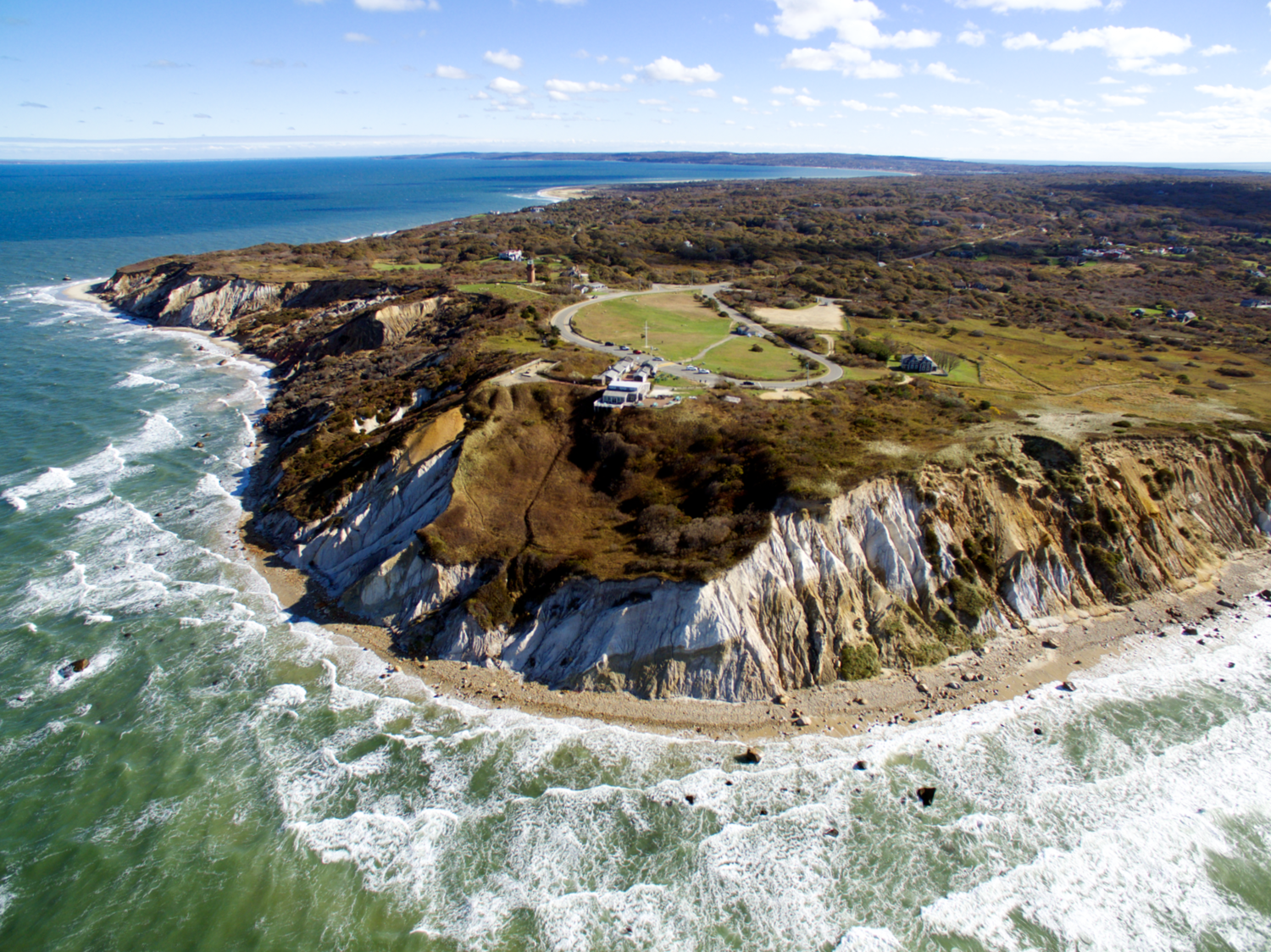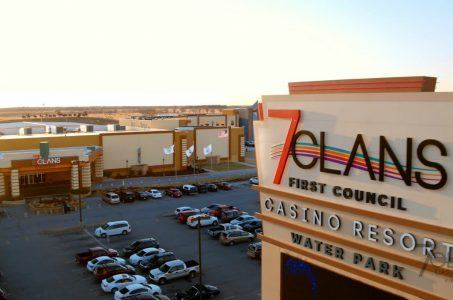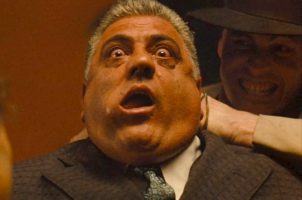Massachusetts Tribe Loses Federal Appeal Over Martha’s Vineyard Gaming Hall
Posted on: April 6, 2021, 10:41h.
Last updated on: April 6, 2021, 12:29h.
A tribe in Massachusetts seeking to build a gambling hall on Martha’s Vineyard has lost a federal appeal regarding its ongoing dispute with local officials.

The Wampanoag Tribe of Gay Head (Aquinnah) is one of two federally recognized tribes in Massachusetts. Its sovereign home is on the western-most part of Martha’s Vineyard on remote and largely vacant land, roughly a dozen miles west of the island’s picturesque vacation towns.
The tribe has argued that the Martha’s Vineyard Commission and officials in Aquinnah and Gay Head are impeding its gaming development by stalling land-use approvals and other regulatory building permits. The US First Circuit Court of Appeals ruled in February that the tribe must obtain such licenses from the towns.
Tribal lawyers petitioned the First Circuit for a full “en banc” review of the matter, where the full court’s bench of judges would weigh in. That appeal was rejected in a brief decision released yesterday.
The Wampanoag Tribe still plans to move forward with its 10,000-square-foot bingo hall on its sovereign land.
Residents Oppose, Development Continues
Being a federally recognized tribe, the Wampanoag Tribe has sovereign rights to conduct Class I and II gaming on its native land under the Indian Gaming Regulatory Act. Slot machines and table games, however, require the tribe to reach a Class III gaming compact with the state, something Massachusetts lawmakers have refused.
Many residents on Martha’s Vineyard oppose bringing any form of gambling to the island. That has been made evident by the large number of citizens attending public information hearings on the tribal gaming venue, with the majority voicing hostility.
The tribal casino plans call for bingo-based gaming machines. They resemble traditional slot machines but differ in that the game’s outcomes are based on all the machines in the casino running on one network. A commercial slot machine determines a player’s spin based on an individual random number generator (RNG).
A tribal bingo casino, some Martha’s Vineyard residents contend, will clog traffic on the single-lane roads that extend west to the Native American territory. Tribal officials counter that the casino is critical to the Wampanoag’s economic prosperity.
“The tribe will proceed with the establishment of a Class II gaming facility on our Indian lands, which will provide needed jobs and necessary governmental revenue to provide programs and services to our members,” Wampanoag Tribal Chair Cheryl Andrews-Maltais said today. “The facility will provide a first-class entertainment venue for the entire Island and its millions of visitors.”
Court Demands Collaboration
The First Circuit has ordered that the towns, Martha’s Vineyard Commission, and tribe work together to permit the Wampanoag’s federal rights to operate a Class II casino. The court says the towns must not impede permit processing.
The court warns local officials that the tribe has every right to file a new lawsuit if it feels that it’s being wrongly treated by the area governments.
Related News Articles
Most Popular
Las Vegas Overstated F1 Race’s Vegas Impact — Report
Mega Millions Reportedly Mulling Substantial Ticket Price Increase
NoMad Hotel to Check Out of Park MGM on Las Vegas Strip
Most Commented
-
End of the Line for Las Vegas Monorail
— April 5, 2024 — 90 Comments -
Mega Millions Reportedly Mulling Substantial Ticket Price Increase
— April 16, 2024 — 8 Comments -
Long Island Casino Opponents Love New York Licensing Delays
— March 27, 2024 — 5 Comments
















Last Comment ( 1 )
I don't gamble, but if the tribe builds a casino/gaming facility, I WILL come JUST to support them!